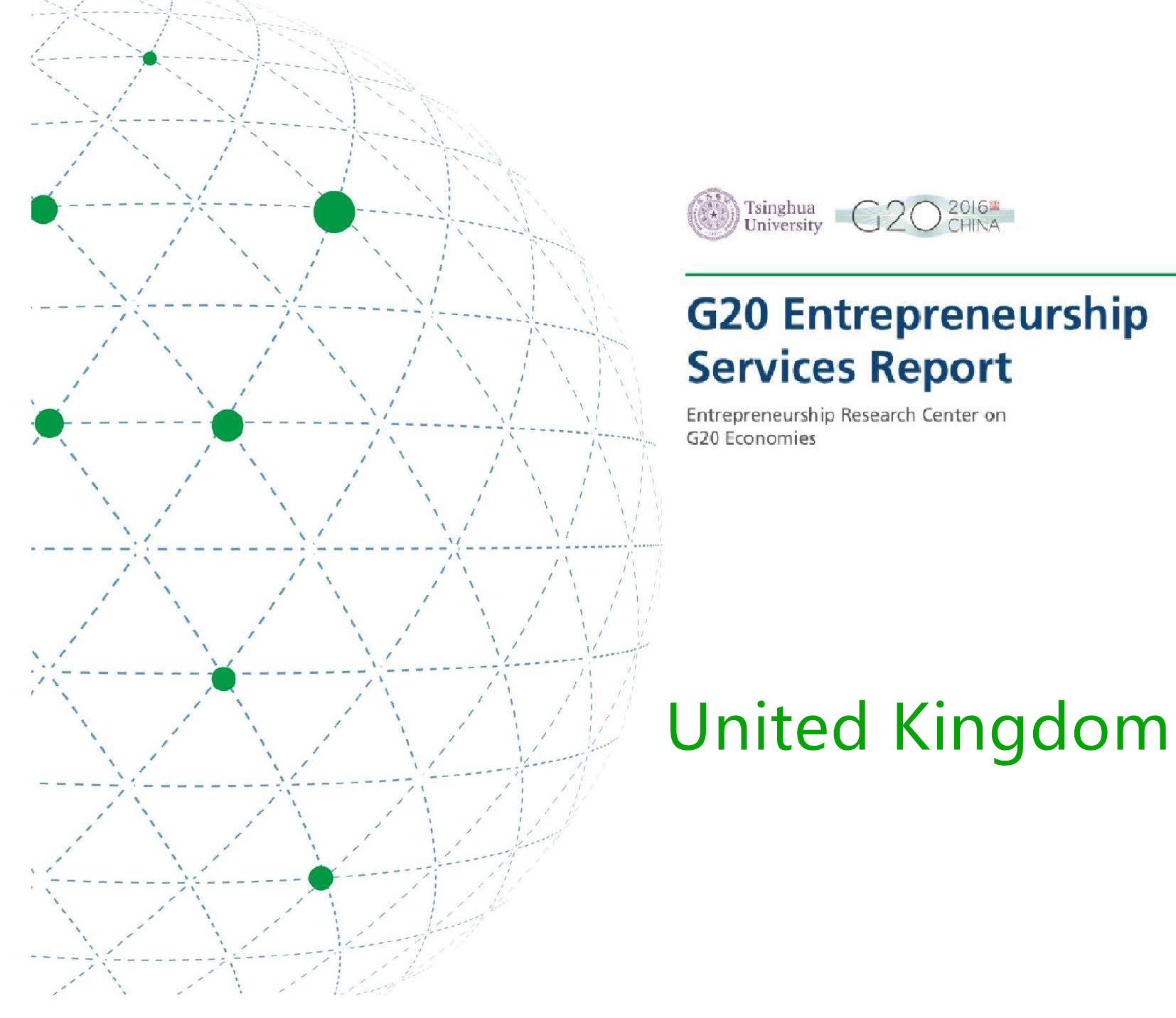
Summary
In the United Kingdom (UK), an enterprise is considered as a micro, small and medium-sized enterprise (SMEs) if it meets any two of the following three criteria: its annual revenue is lower than 25 million pounds, its number of employees is less than 250, or its total assets are less than 1.25 million pounds. According to statistics in 2014, 99.3% of all enterprises are micro, small and medium-sized, which account for 50% of all private sector revenue in the UK.
It is important for British startups and SMEs to have an improved legal environment and enhanced government efficiency. In July 2015, the British government released the Small Business, Enterprise and Employment (SBEE) Act 2015 to promote and protect SMEs’ development. This is a latest development based on the promulgation of the new Companies Act 2006. In addition, the UK established the Department for Business, Energy & Industrial Strategy (BEIS) in 2016 by consolidation. It is now the specific managing agency for British SMEs.
The British government has been continuously implemented tax relief and preferential policies for SMEs. These policies mainly include: tax cut and rise of tax threshold. In November 2016, the British government announced continuing its tax cut and planned to reduce the corporation tax of SMSs to 17%. Moreover, it raised the tax threshold from 6,000 pounds to 12,000 pounds at the beginning of 2017. The British government also helps SMEs solve their financing problems by providing loan guarantees and encouraging investment in startups.
In 2016, the British government set up the National Productivity Investment Fund (NPIF) and the Industrial Strategy Challenge Fund (ISCF) to prioritize technology innovation and transfer of research outcomes. The British government pledged to invest more in research to maintain the Britain’s leading positions in technology innovation. In order to help SMEs get financed from other credit service providers through shared credit data and matched finance providers, the British government further specified a list of designated banks and financial platforms in the Small and Medium Sized Business (Finance Platform) Regulations at the end of 2016. In guiding businesses to increase research and development investment and enhance innovation capability, the British government further pledged to improve the government procurement system and give a play to the government procurement. To this effort, it released the Green Paper: Development a Modern Industrial Strategy in the beginning of 2017.
Its progress in business incubation is characteristic. The “Pitch@Palace”, a program founded by Prince Andrew, Duke of York in 2014, has held a swathe of innovation and entrepreneurship competitions worldwide, with a profound significance. Several government agencies, including Intellectual Property Office, and commercial banks jointly launched the Growth Accelerator Scheme for SMEs, which provides business guidance for SMEs and startups and helps businesses grow quickly and stably.
The British government has introduced initiative and entrepreneurship into the school education system and incorporated entrepreneurship education into the core curriculum system of universities, which has now formed a relatively complete entrepreneurship education system and curriculum features. Universities have set special entrepreneurship education institutions, including The United Kingdom Business Incubation (UKBI) and incubation centers, launched courses for special groups such as women and minorities, supported social organizations to champion entrepreneurship culture and education by launching featured campaigns, and provided entrepreneurship services and support for specific groups such as veterans.